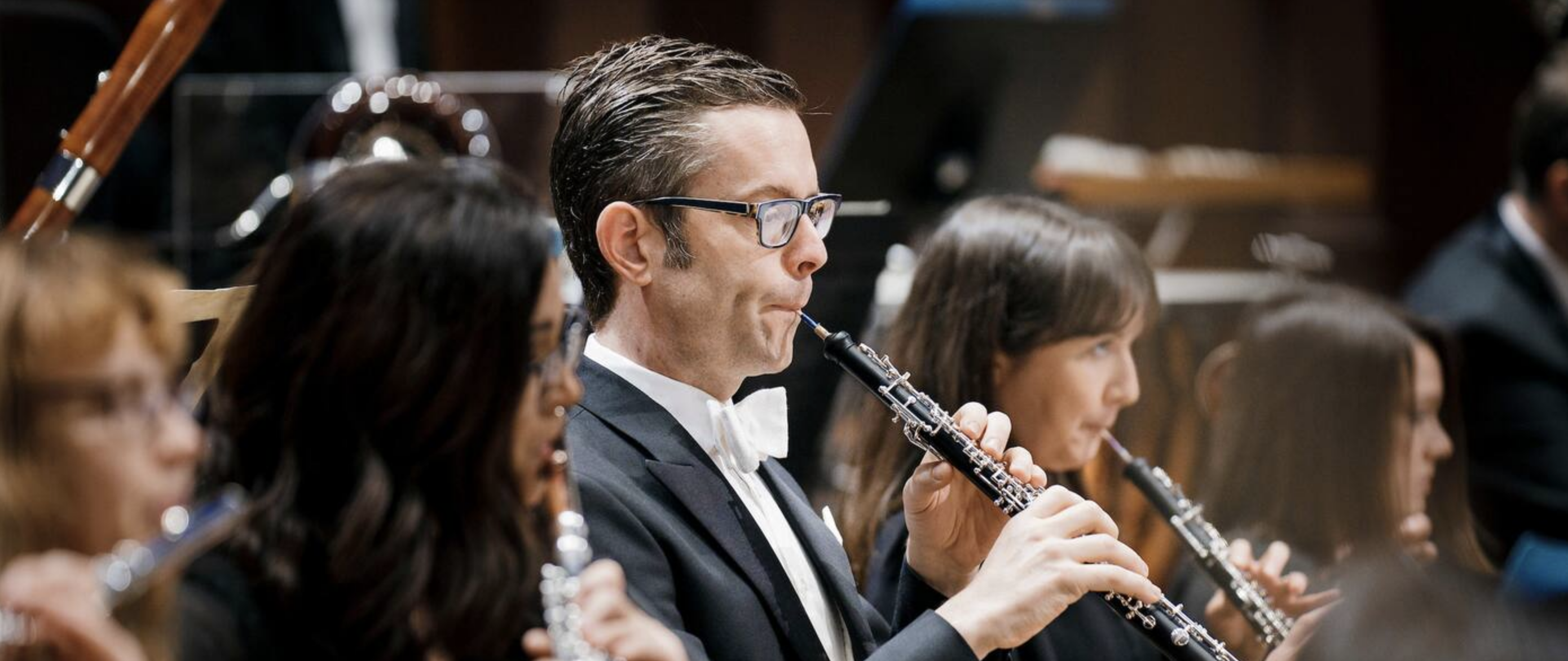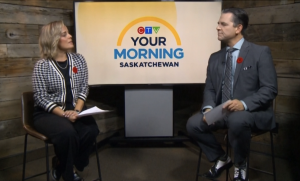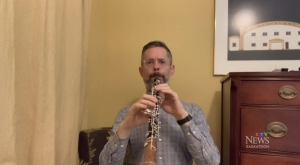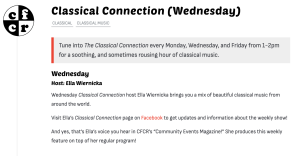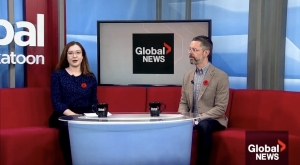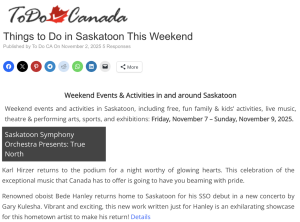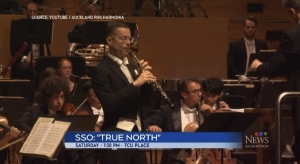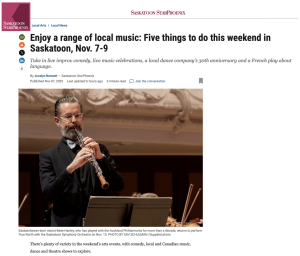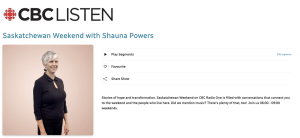Oboist returns home for SSO’s All-Canadian celebration
It’s been a long time since Bede Hanley has been on the Saskatoon stage. Born in Wynyard, Hanley’s s served as principal oboist for the Auckland Philharmonia for more than a decade. Even though he performs a world away, he’s never forgotten his roots. From the moment Hanley picked up the oboe at Caswell Elementary School band that he knew he wanted to be a professional musician.
It means the world to me to share a piece that I’m so passionate about
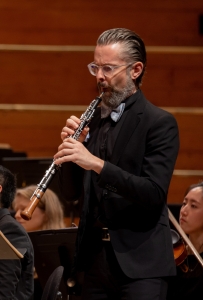
Bede Hanley is excited to share the work of Canadian composers with the SSO audience. (Sav Schulman)
“To do this well, we need good teachers. I’m forever grateful for the opportunity to have learned from Mark Rogers, the principal oboist at with the SSO at the time, and Wayne Toews, who was the director at the Saskatoon Youth Orchestra. They introduced me to life in classical music,” says Hanley. “Coming back as a soloist is an honour because most of my career has been abroad. It means the world to me to share a piece that I’m so passionate about.”
We have a responsibility to perform it
The piece is Oboe Concerto by Toronto composer Gary Kulesha, a work Hanley premiered in Auckland in 2020 to rave reviews. Kulesha wrote the music with Hanley in mind and he’s excited to share it as part of the SSO’s concert True North: A Night Celebrating Canadian Music.
“There’s something in the landscape, the character of our country and people that’s articulated in the work by Canadians,” Hanley explains. “We have all these composers dedicating their lives to expressing themselves and we have a responsibility to perform it.”
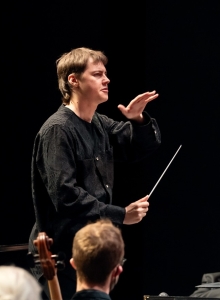
Conductor Karl Hirzer says performing work of Canadian composers builds on a musical legacy. (Saskatoon Symphony Orchestra)
This music is high- quality music and part of a new, distinct movement taking shape right now
Conductor Karl Hirzer will lead the SSO through the All-Canadian lineup with works from Zosha di Castri, Sonny Ray Day Rider, Jean Coulthard, and Sammy Moussa.
“It would be easy to look at this program as an effort to put Canadian music alongside the celebrated orchestral repertoire, but it’s not just that,” says Hirzer. “This really feels like a new frontier. This is not something that’s local in response to a global art form. This music is high- quality music and part of a new, distinct movement taking shape right now.”
Hanley agrees that concerts like True North push the art form forward.
“All art needs to be appreciated but in the case of music, it has to reach people’s ears,” says Hanley. “Any chance we get to play works from living composers, we need to take it, create demand so more is written and the legacy is built upon it.”

